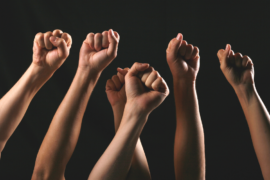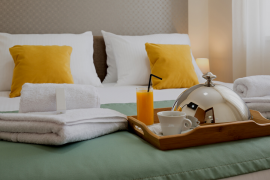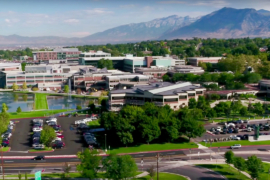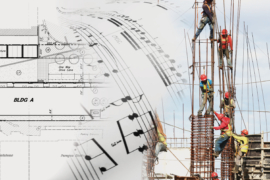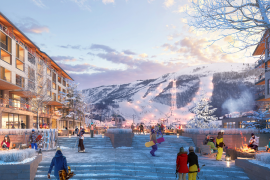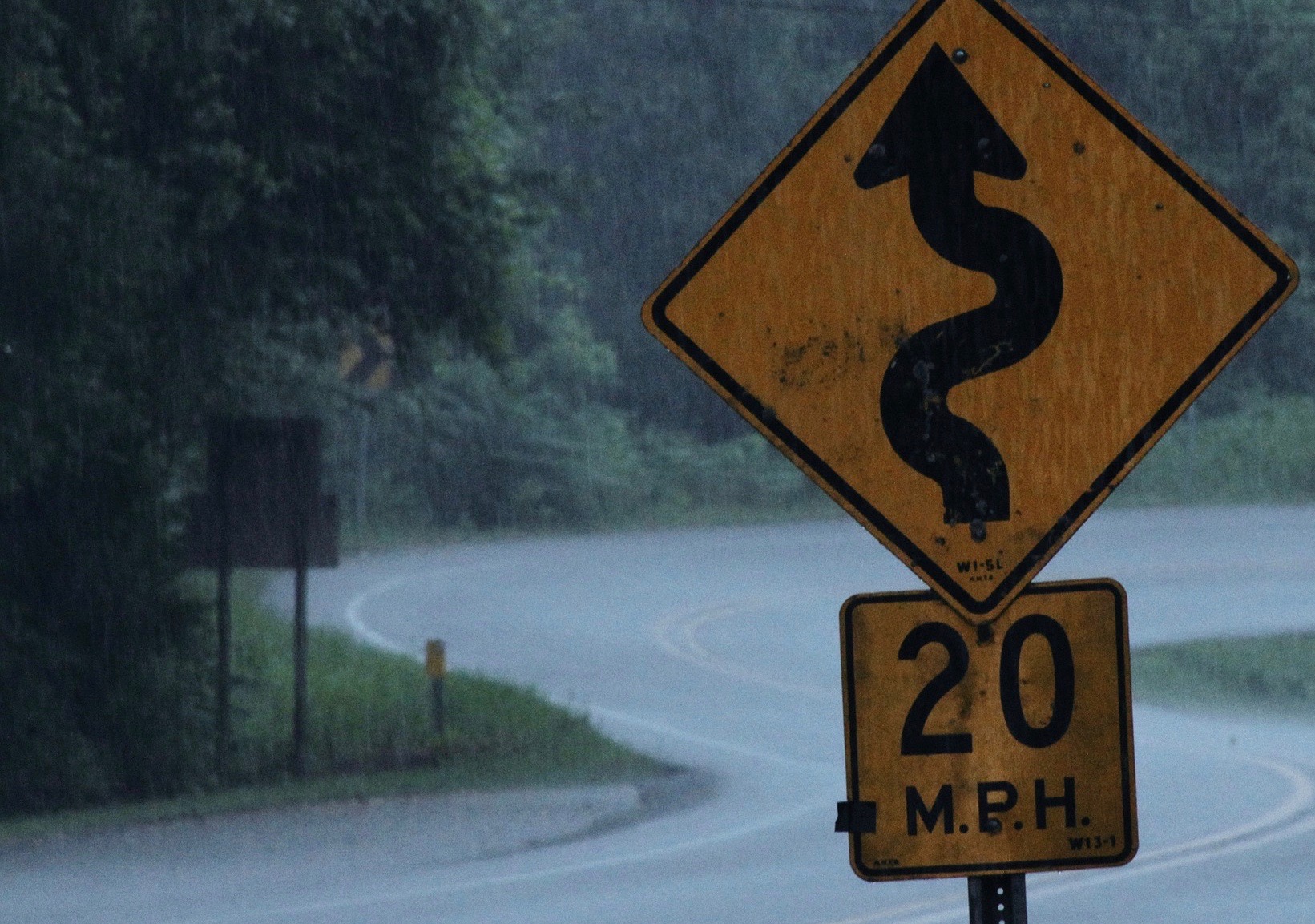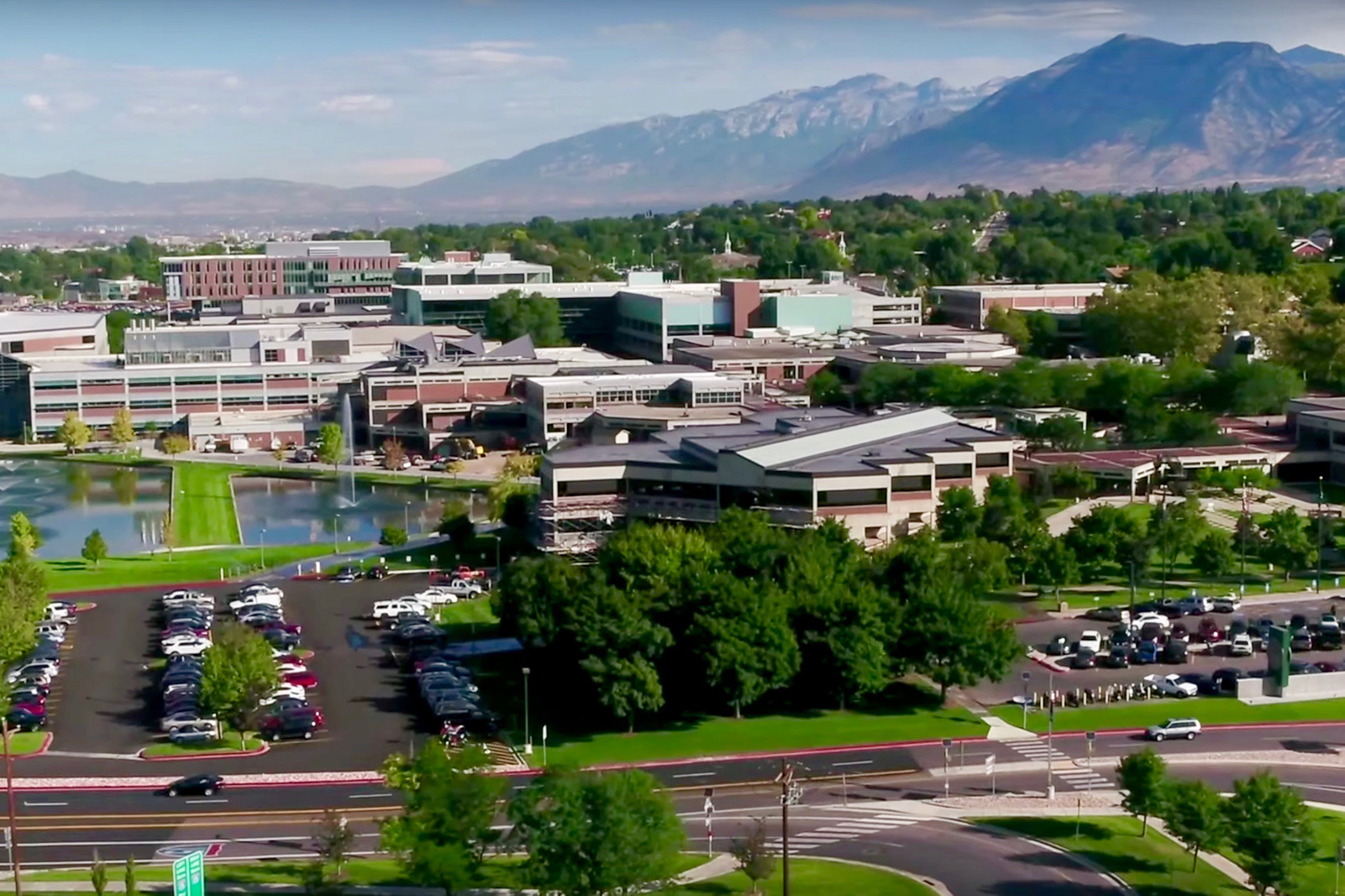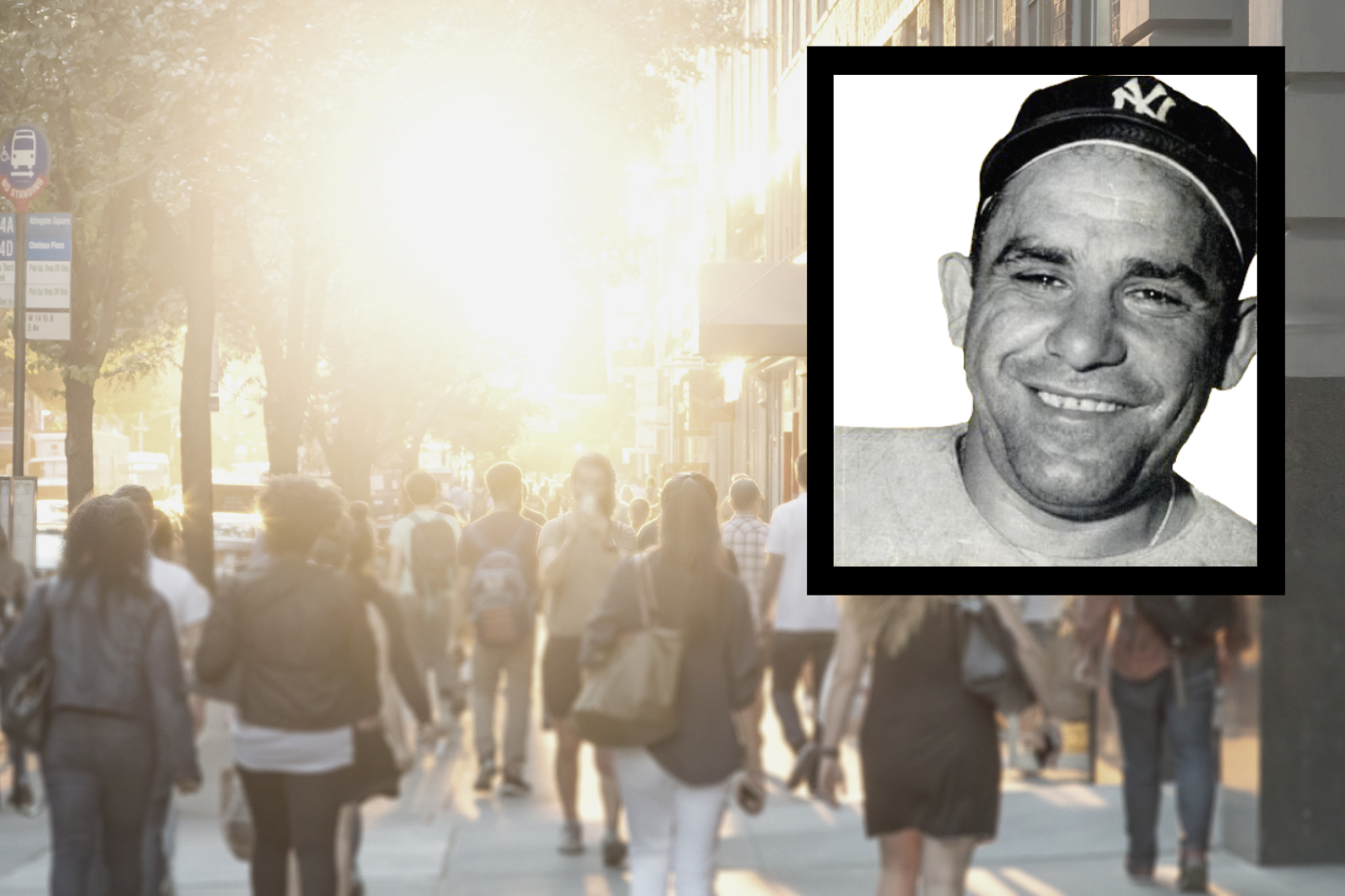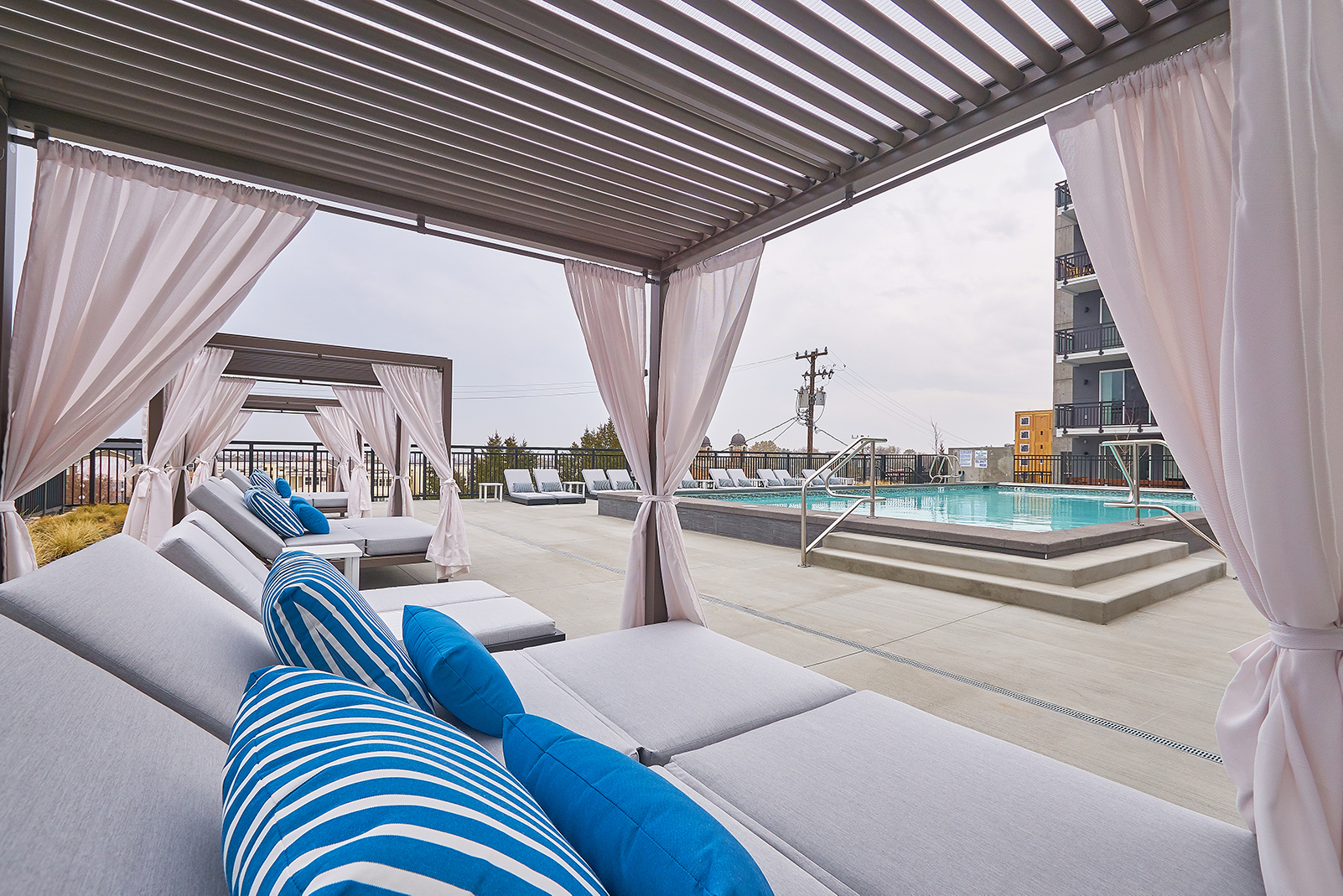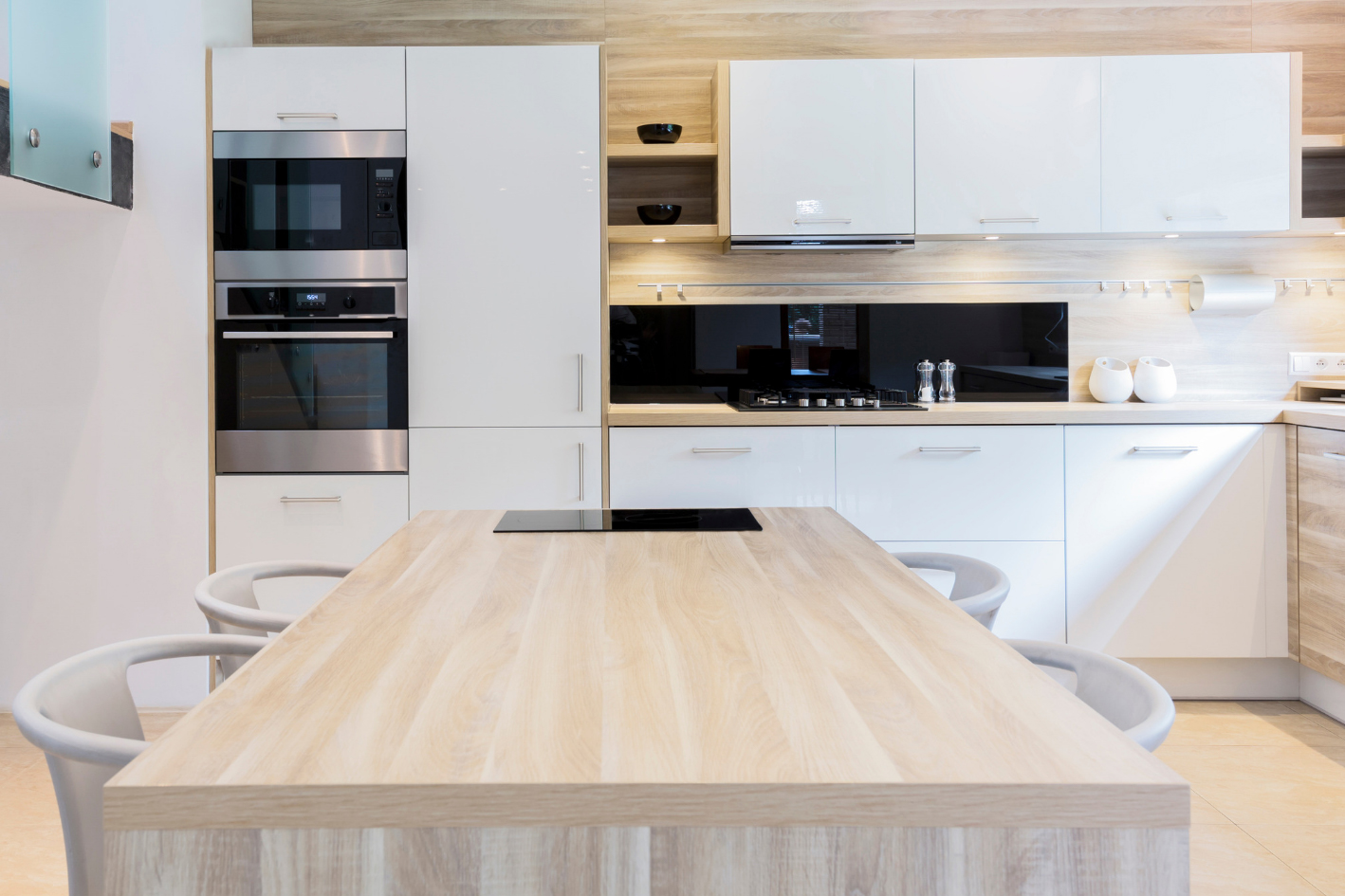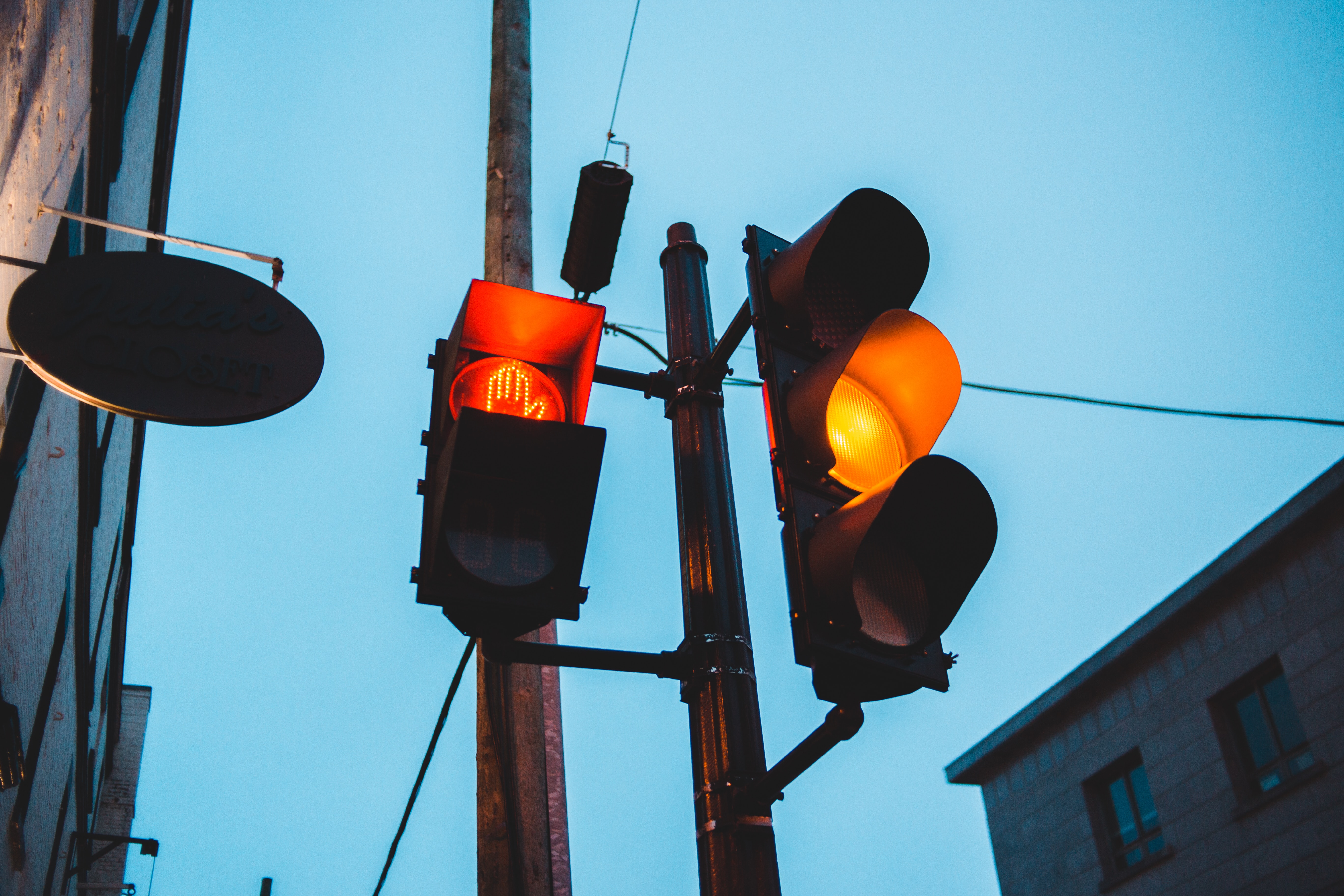For the week ending May 23rd, STR reported that nearly 65 out of every 100 hotel rooms across the country were unoccupied – down 50% from the prior year. Marriott, in a press release made by the CEO, stated that COVID-19 has had a more significant impact than the terrorist attacks on 9/11 and the 2009 recession combined. Hotel executives across the country are taking significant salary reductions. The Federal Reserve has taken unprecedented steps in attempting to stabilize the greater United States economy by infusing upwards of $2.3 Trillion into the market. These are unprecedented times, and the effects across the industry have been staggering.
With that being said, the hotel industry is already showing signs of recovery; a slow but consistent uptick in occupancy, state travel restrictions being loosened, and countries hit by the virus early have seen the death and infection rates slow dramatically. Ultimately there will be two groups of travelers going forward; those with the anti-bodies of COVID-19 who are at lesser risk of re-infection and those without who will rely on hotels to provide safe and healthy experiences. So, what specific changes can travelers expect to see? Read on for 3 major adjustments we anticipate seeing as the industry evolves.
Higher Bar for Cleaning Standards
The Four Seasons has begun leaving kits in the rooms of each guest that contain disinfectant wipes, hand sanitizer, masks, and other disease preventative items. Best Western has announced that they will be removing “unnecessary items,” such as decorative pillows, from guests’ rooms to reduce the number of touchable surfaces. These types of initiatives will likely continue beyond the Pandemic as the broader population becomes more germ sensitive. Hotel cleaning professionals are beginning to implement more sophisticated cleaning solutions such as electromagnetic cleaners and air purifiers to eliminate viruses before they can spread. This provides a unique opportunity for creative hotel owners and managers to find ways to add value to their guests by ensuring a clean, germ-free stay during this crisis and ultimately attract more guests.
Technology-driven Solutions
The most successful hotels provide guests with not just a place to sleep, but a pleasant experience. With the virus becoming more prominent and guests’ sensitivities to cleanliness increasing, what constitutes a “pleasant” experience may be more focused on hotel cleanliness. For instance, if a guest wishes to minimize the number of interactions with people due to health concerns, the hotel may want to evaluate adding technology that fosters a touchless check in/out experience. Additionally, there may be applications for other technology-driven solutions to give guests peace of mind when it comes to health concerns; robotic room service delivery, adoption of smart technologies in guest rooms, increase guests’ mobile usage applications by removing the guestroom phone, in-room exercise options, and many others. Hotels that are able to provide guests with more technological solutions in an attempt to not only increase overall satisfaction, but to also accommodate individuals who have health concerns will attract a wider audience.
More Open Space
More density means more chance for infection. We can clearly see this taking effect with New York being the hub for COVID-19 infections worldwide. This increased attention to density may lead to guests opting for less dense hotel accommodations. If this trend sticks, we may see hotel developers begin to design and build hotels with an increased focus on open space to help reduce density in the hotel.
In short, this is a black swan event that seems to have caught the world off-guard. No one yet knows what the long-term effects of COVID-19 will be on the hospitality industry or the greater economy. All we as hoteliers can do is continue to act in the best interest of our guests by catering to their needs and continue to innovate.


